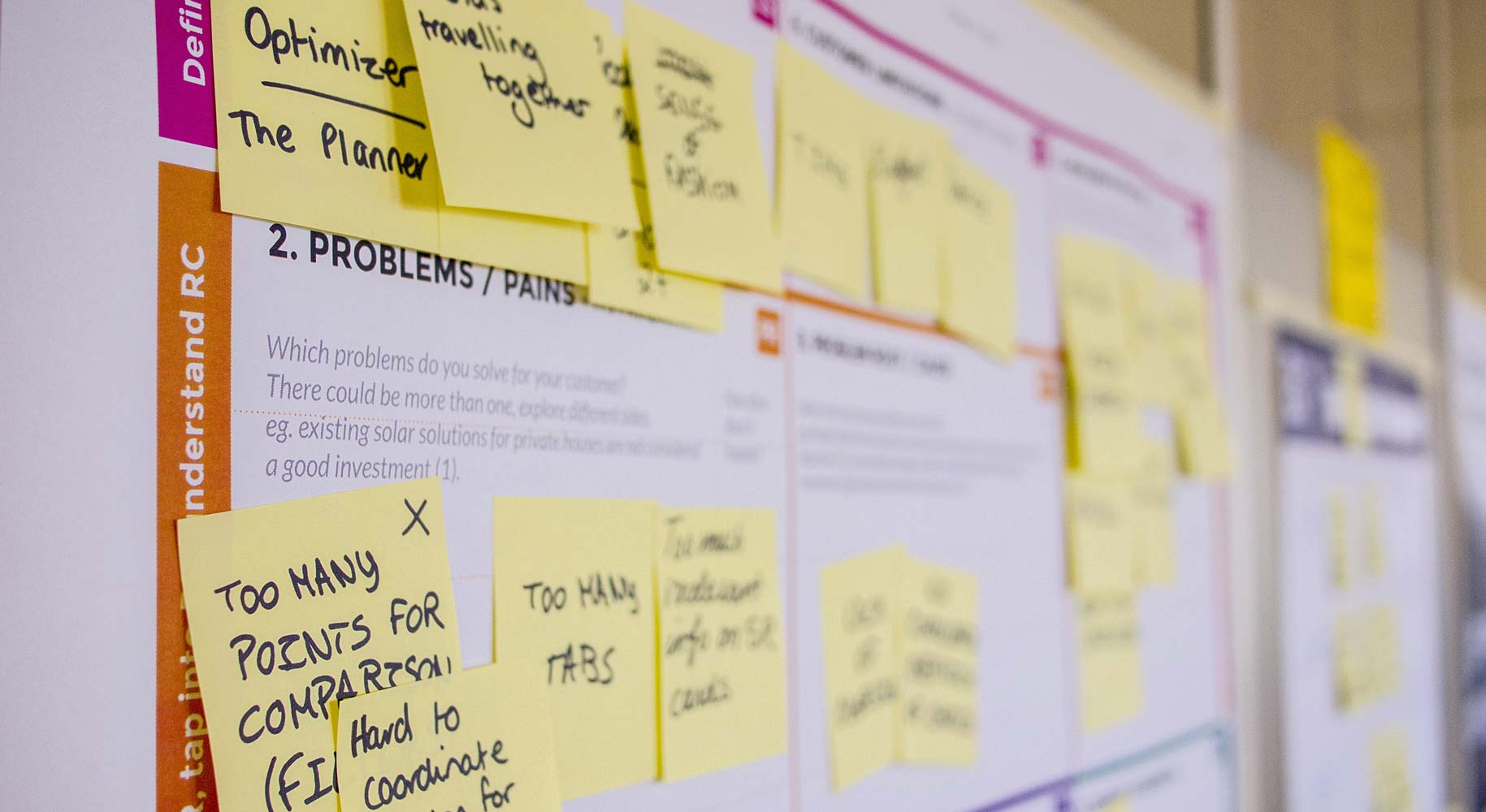This question hasn’t bothered me more in my career than in recent times after I went through an online UX course. So in UX parlance, what would be considered as a reasonable vocabulary — is it gathering of the requirements or is it generating of the requirements? Designers ought to comprehend user needs and generate feasible ideas for the real world, so clearly, it’s the connotation of the word ‘gathering’ which is at conflict here more than the approach itself.
According to the information given on his website, Joe Natoli is a speaker on topics of User Experience (UX) and Design for 29 years, from national and global conferences, and has launched eight successful online courses. Two of which I happened to reflect upon on Udemy a few weeks ago and both were insightful at the very least. However, it was his differentiation and comparison of requirements gathering versus requirements generating in both the courses that made me unusually inquisitive about the synonymous terms. It’s also purely language semantics at play here as I explain in detail below. But first, this is Joe’s take on the point in question from the UX Strategy Fundamentals course:
Continue reading…I want you to know about requirements up front (which) comes from a very smart lady by the name of Kim Goodwin who said that requirements cannot be gathered. OK this is important because I hear that phrase a lot (and) in the last 26 years I’ve heard it more times than I can count. We’re going to gather requirements which essentially means we’re going to get a bunch of people in a room and they’re going to tell us what they need and we’re going to write them down. We’re gathering from them. OK. It does not work that way. And if it does it’s not going to be successful. As she says there’s no requirements tree back. We’re not going to go pick requirements off the tree or any one of these and this one looks particularly good. I think we’ll do that. It doesn’t work that way. You have to iterate and generate requirements you have to kick them around and decide what’s right what matters what doesn’t matter what can work what isn’t going to work. It’s a process. It’s not an answer. You need to find out what users need to be able to do with your website in terms of functionality in terms of the content that they see and interact with in terms of data if they fill out a form and give you information or they look at reporting where they get data and information.
UX Strategy Fundamentals → Section 4: Determining and Controlling Project Scope – Lecture 17. UX Focused Requirements: An Introduction.

